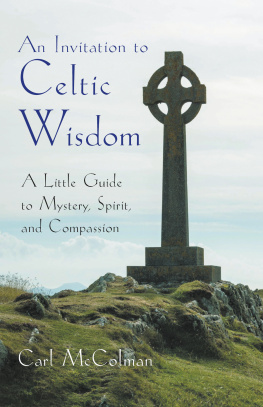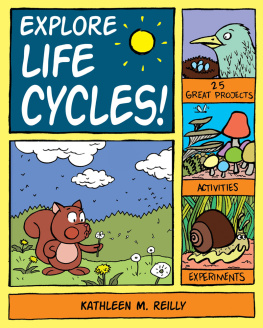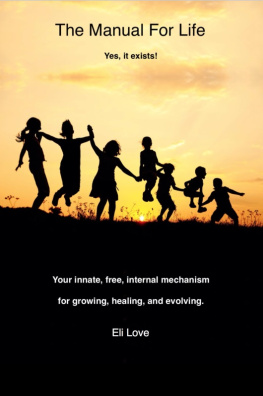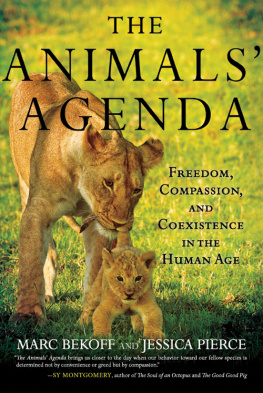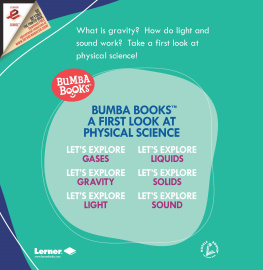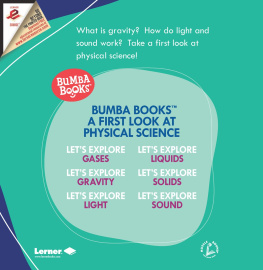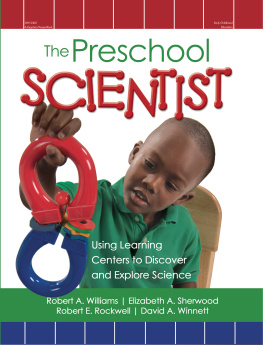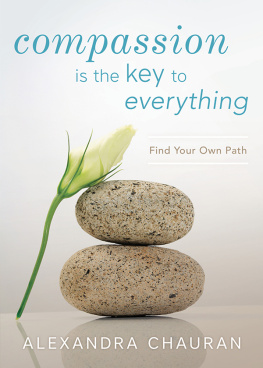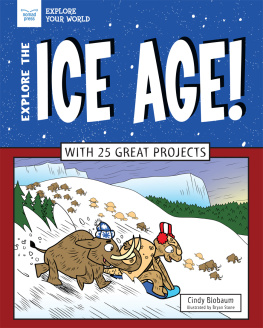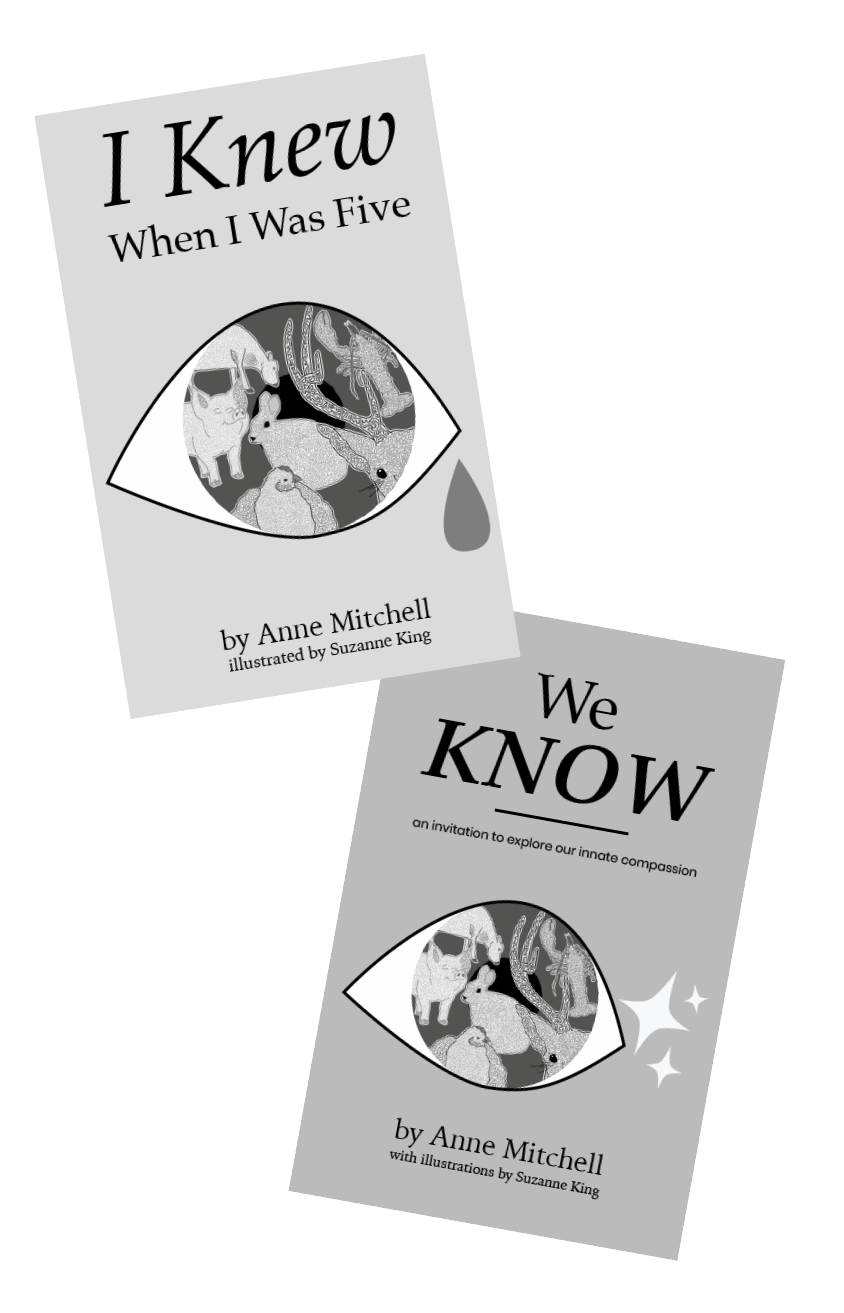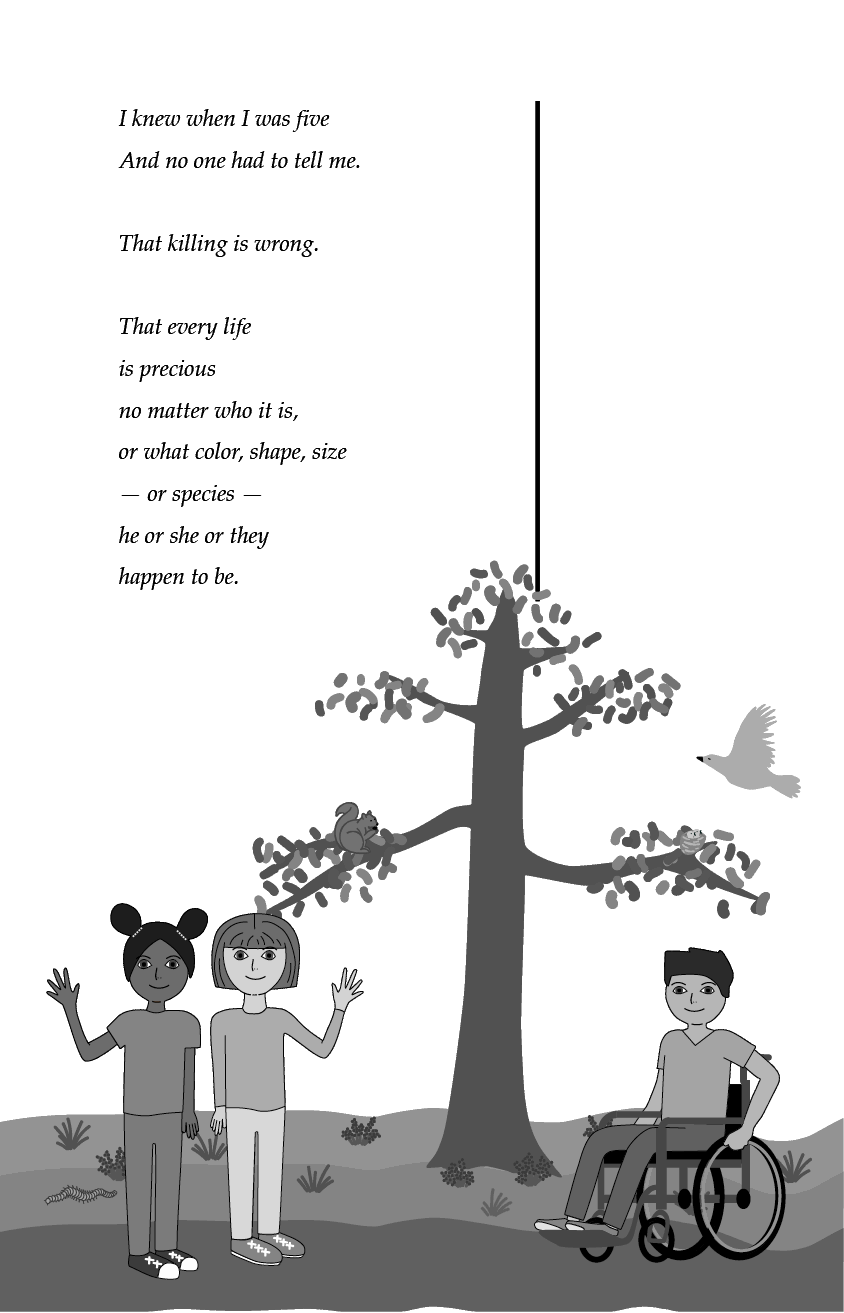Copyright 2021 by Anne Mitchell.
All rights reserved. No portion of this book, except for brief review, may be reproduced, stored in a retrieval system, or transmitted in any form or by any meanselectronic, mechanical, photocopying, recording, or otherwisewithout the written permission of the author.
Author: Anne Mitchell
Illustrator & Book Designer: Suzanne King
ISBN-13: 978-1-7374438-3-4
Library of Congress Control Number: 2021924691
Published by:
Game B Press
Speedway, Indiana, USA
gamebpress.com
WE
KNOW
an invitation to explore our innate compassion
by Anne Mitchell
with illustrations by Suzanne King
praise for
WE KNOW
Warning: This book may make you squirm.
Or even change you.
In We Know, Anne Mitchell bravely confronts a disturbing reality: we humans have decided that we have no choice but to eat animals, a decision that contradicts the innate love inside of us, that is, biophila, love for all living things. Our decision, however, is based on erroneous assumptions, which Mitchell identifies and challenges.
As readers follow Mitchell back into childhood recollections of her love and compassion for animalsand her horror when she realized their fatethey will no doubt recall their own similar feelings. Mitchell writes with simplicity and clarity, presenting weighty ideas in easy-to-understand languagewithout dumbing down the content. Her emphasis on love, compassion, and reverence for life inspires us all to make life-affirming choices. And to guide children to do the same.
Pamela Wampler,
Licensed Marriage and Family Therapist
I dedicate this book to all vegan activists
working to create a compassionate world.
May young activists receive the support they
need to grow into their most compassionate,
most powerful selves.
I think young people can really show us what compassion looks like, they can show us what empathy looks like. Think about it, man, our biggest insult, our biggest critique is that youre just so sensitive. We hear from comedians, we hear from everybodytheyre just snowflakes, theyre cupcakes, theyre just too sensitive. What were really doing is insulting them for being empathetic, were insulting them for being compassionate because they want to see the many slivers of each individual free. Imagine that. I think we have much to learn from them if we would just give ourselves a moment of humility to listen a little more.
Jason Reynolds, author & Library of Congress national ambassador for young peoples literature [1]
Introduction
We Know is both an invitation to explore an issue that goes largely unnoticed in our society and a companion book to a childrens illustrated book we published in July 2021.
The issue that is largely unnoticed in our society is the deep empathy and compassion human infants and toddlers hold for other living beings. We all find this empathy and compassion cute and heartwarming, but adults (parents, grandparents, teachers) do little to support its development and actually quite a lot to overcome it. With this book I hope to open that conversation in a different way than is usually discussed. I know there is a lot more here to uncover, analyze and discuss. My hope is to spark a new conversation.
The illustrated book is I Knew When I Was Five for children, but its content is quite mature. It is about growing up and coming to terms with the manner in which human beings use non-human beings in a variety of ways in our everyday lives. It is the story of one five year old girl who grows up not understanding. She questions, often in her own head, how humans can possibly do the things we do to animals on a daily basis. It is about feeling like an outsider, even within her own family. About knowing, deep down in her heart and soul, that many aspects of daily life are wrong, deceptive and damaging, but having no idea about what to do with that knowledge because almost literally no one would discuss it, except to say thats life, get used to it, thats normal, natural or necessary, we have to eat, too, and other such platitudes that did not make sense.
This book is designed to illuminate all of that for the adults in the lives of the children who read that book. This book expands the conversation, to encourage adults to really think about how they learned about our use of animals and what their experience was. To encourage parents (and grandparents and teachers and aunts and uncles and babysitters) to consider how the children they know are learning about these things. To consider how those children might be feeling and give them an opportunity to explore those feelings rather than simply indoctrinating them into the world view they themselves were indoctrinated into. Indoctrinate is a strong word. Before rolling your eyes, think about the definition [2] :
indoctrinate verb / i n- d k-tr - n t /
indoctrinate somebody (with something) | indoctrinate somebody (to do something) to force somebody to accept a particular belief or set of beliefs and not allow them to consider any others
Most parents want their children to grow up to be critical thinkers, able to make their own decisions, based on careful analysis of whether something is true or false, good or bad, right or wrong. But what we really do is indoctrinate our children into using animals in all sorts of ways. Some are very obvious and open: for food, for clothing and furniture, for entertainment; others are hidden and not so obvious: shellac, dyes and inks, piano keys, tennis racquets, scientific experiments.
Dont we owe it to ourselves and our childrenand the animals and the very planetto actually think about this? To wonder: should we be using animals in all these ways? Do we need to use animals like this and this and this? What is the impact to us, to the earth, to the animals, because of our behavior?
I chose to write this book to help adults reflect on their own childhoods and think about how to talk about these subjects with the children in their lives. It feels important to tell the fuller stories behind the poem behind I Knew When I Was Five , both for myself and others.
My stories seem to remind others about their own stories of learning about how we use animals and remembering those stories helps people remember how they felt at the time. And remembering those feelings helps adults to think about, to be more attuned, to how the children they are with are feeling.
I hope that it goes without saying that we all want to live in a more compassionate, just, and sustainable world so that our children and their children are able to continue living on this miraculous planet. In order to do so, we all need to consider the lives of all living beings and figure out ways to live in harmony with each other.
Lets stop indoctrinating each other in harmful behaviors and start inspiring each other to create the world we actually want to live in. We can do this. Living compassionately is possible.
Please Note...
The words humans and animals will be used throughout this book, with the recognition that humans are animals and in this instance, the word animals actually refers to non-human animals.
And another note: The stories told in chapters 2 through 7 are my memories of events that happened throughout my childhood and young(ish) adulthood. They are mine alone and I am under no delusion that others might have contradictory memories of those events. These are simply my memories. The names of places in these stories are generally real. The names of people in these stories have been changed to protect their privacy.
Next page

